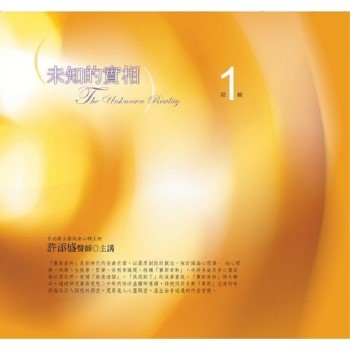In common understanding, but also in scholarly discourse, ritual has been long viewed as an undisputed and indisputable part of (especially religious) tradition, performed over and over in the same ways: stable in form, meaningless, preconcieved, and with the aim of creating harmony and enabling a tradition’s survival. The authors represented in this collection argue, however, that these assumptions can be seriously challenged.
Not only are rituals frequently disputed, they also constitute a field in which vital and sometimes even violent negotiations take place. Negotiations - here understood as processes of interaction during which differing positions are debated and/or acted out - are ubiquitous in ritual contexts, either in relation to the ritual itself, or in relation to the realm beyond any given ritual performance. The authors contend that a central feature of ritual is its embeddedness in negotiation processes and that life beyond the ritual frame often is negotiated in the field of rituals. This point of view opens up fruitful new perspectives on ritual procedures, on the interactions that constitute these procedures, and on the contexts in which they are embedded. By explicitly addressing and theorizing the relevance of negotiation in the world of ritual, the essays in this volume seek to persuade scholars and students alike to think differently and to find new starting points for more nuanced discussions.
| FindBook |
|
有 1 項符合
Husken的圖書 |
 |
$ 2819 | Negotiating Rites
作者:Husken 出版社:Oxford University Press, USA 出版日期:2011-11-07 語言:英文 規格:平裝 / 298頁 / 23.1 x 15.5 x 2.3 cm / 普通級  看圖書介紹 看圖書介紹
|
|
|
圖書介紹 - 資料來源:博客來 評分:
圖書名稱:Negotiating Rites
內容簡介
|











